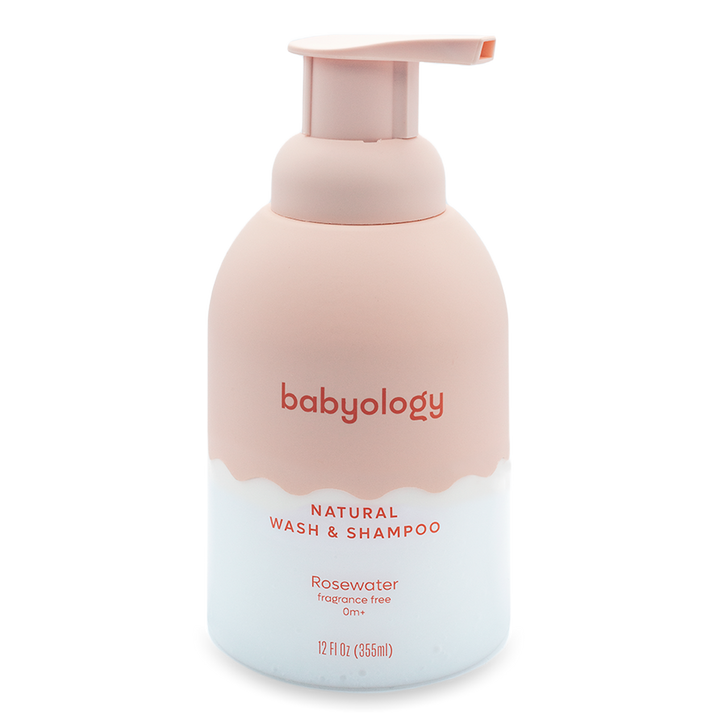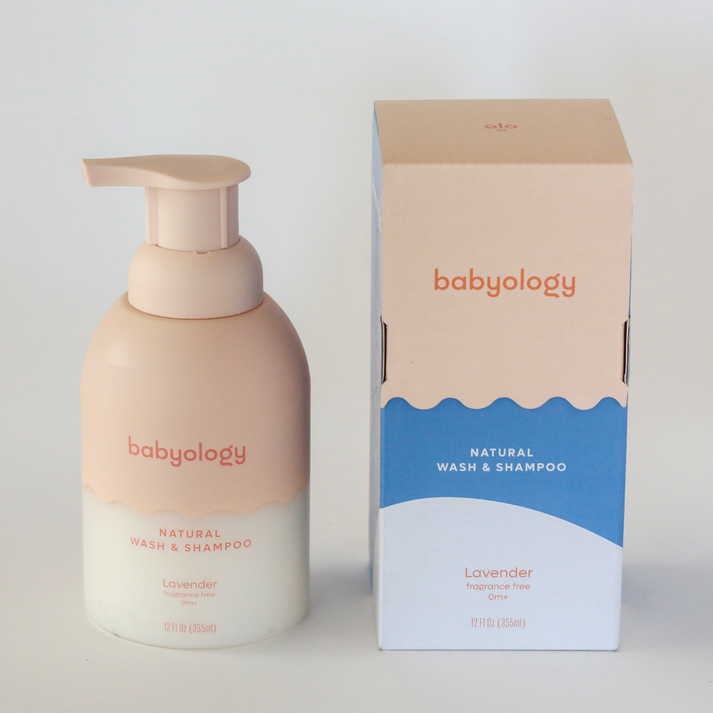For parents of babies with sensitive skin, bath time can bring a mix of excitement and anxiety. While it's a wonderful bonding ritual, the wrong product can quickly lead to redness, dryness, or discomfort. Selecting a natural baby wash that truly caters to delicate skin requires going beyond marketing claims and understanding what makes a formula genuinely gentle. It's about finding a product that cleanses without compromising the skin's fragile barrier, turning a potential trigger into a soothing, therapeutic experience for your little one.
The Science Behind Skin Sensitivity in Infants
Sensitive skin in babies isn't just a minor inconvenience; it's a biological reality. A baby's skin barrier is still under construction for much of their first year, making it more susceptible to environmental aggressors and irritants. This immature barrier loses moisture faster and absorbs substances more readily than adult skin. For babies with conditions like eczema, this barrier is further compromised. A perfect natural wash will acknowledge this vulnerability, focusing on ingredients that repair and protect the lipid barrier rather than simply cleaning the surface.

Becoming an Ingredient Detective: Your First Line of Defense
The most crucial skill in your selection process is learning to decode the ingredient list. For sensitive skin, a short, simple list is often best. You'll want to actively avoid common irritants like sodium lauryl sulfate (SLS), synthetic fragrances, and parabens. Instead, look for positive ingredients that are known for their calming properties. Key players to seek out include colloidal oatmeal, which is approved by dermatologists for its anti-itch qualities, and ceramides, which are lipids that naturally help restore the skin's protective shield.
The Critical Importance of a Fragrance-Free Formula
When it comes to sensitive skin, "fragrance-free" is non-negotiable. The term "fragrance" on a label can legally hide dozens of undisclosed synthetic chemicals, which are frequent triggers for reactions. Even some natural essential oils, while derived from plants, can be potent and irritating to a delicate system. A truly gentle wash will have no scent at all or will derive a subtle, natural aroma from ingredients like lavender water or chamomile extract, which are included for their therapeutic properties rather than just for scent.
Considering Texture: Why Lightweight Formulas Often Win
The physical texture of a baby wash can impact sensitive skin more than you might think. Heavy, creamy washes can sometimes be difficult to rinse off completely, and any leftover residue can clog pores or cause irritation. Many parents and dermatologists find that lightweight, gel-like liquids or airy foams are ideal. These formulations spread easily, cleanse effectively, and rinse away completely with water, leaving no film behind that could potentially lead to a reaction.

The Non-Negotiable Step of the Patch Test
Even after you've found a wash that seems perfect on paper, the final test happens on your baby's skin. Before using it for a full bath, perform a simple patch test. Apply a small amount of the wash to a discreet area, like the inside of your baby's forearm or behind their knee. Wait for 24 hours and check for any signs of redness, swelling, or discomfort. This small, precautionary step can prevent a full-body reaction and give you the confidence to proceed.
Trusting Brands That Specialize in Sensitivity
Finally, align yourself with brands that have a proven track record with sensitive skin. Look for products that carry certifications from independent organizations like the National Eczema Association. These seals indicate that the product has been reviewed and deemed suitable for even the most reactive skin. Brands like Mustela, Aveeno Baby, and CeraVe Baby have built their reputations on science-backed, minimalist formulations designed specifically to soothe and protect vulnerable skin, offering parents a trusted partner in their baby's care routine.




Comments